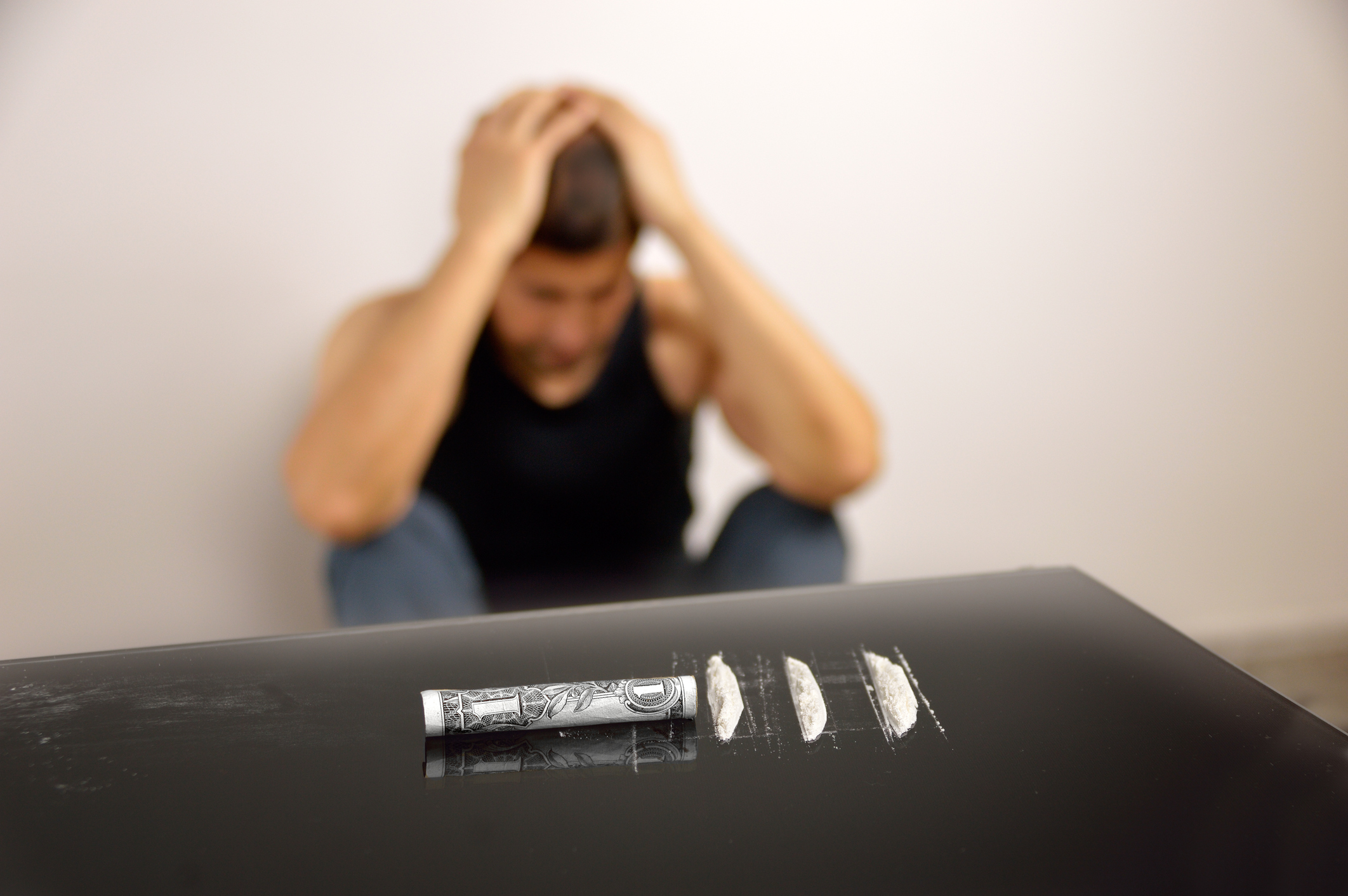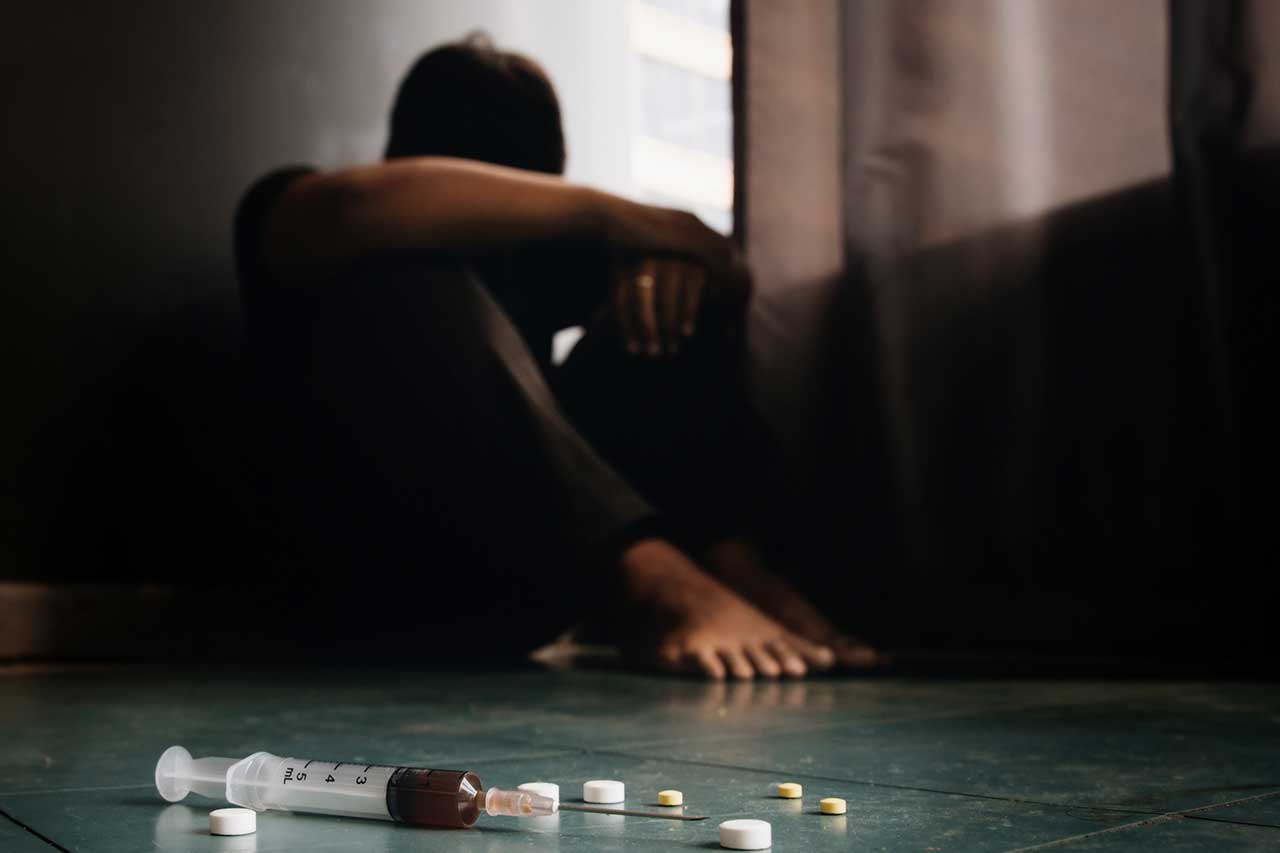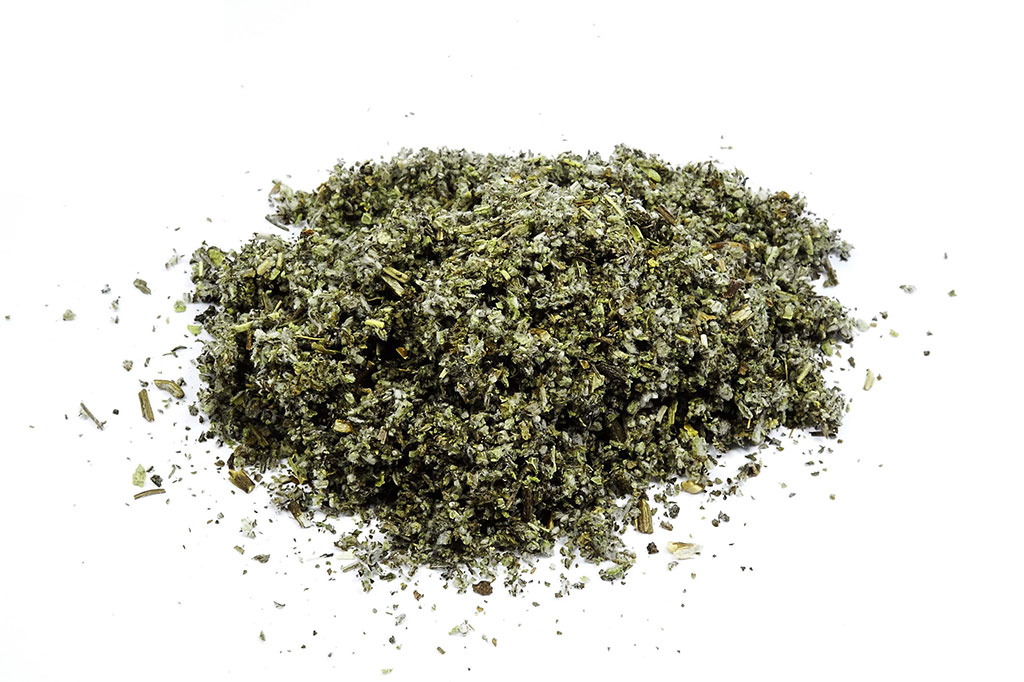
How Do People Get Addicted to Drugs?
December 14, 2009Drug abuse and addiction have been closely linked with HIV/AIDS since the beginning of the epidemic. Although injection drug use is well known in this regard, the role that non-injection drug abuse plays more generally in the spread of HIV is less recognized.
Infection From Intravenous Drug Use People typically associate drug abuse and HIV/AIDS with injection drug use and needle sharing. Injection drug use refers to when a drug is injected into a tissue or vein with a needle. When injection drug users share “equipment”—such as needles, syringes, and other drug injection paraphernalia—HIV can be transmitted between users. The virus can be found in blood and other bodily fluids and can spread quickly between people when contaminated needles are exchanged. Other infections—such as hepatitis C—can also be spread this way. Hepatitis C can cause liver disease and permanent liver damage.It Isn’t Just Intravenous Drugs Drug abuse by any method (not just injection) can put a person at risk of contracting HIV. Other means of ingestion include smoking, snorting, or inhaling narcotics like cocaine, methamphetamine, and heroin. Despite not using needles, these administration methods still carry a risk of HIV transmission.Risky sexual practices are one way that non-injection drug misuse aids in the spread of HIV. Drug usage can make it easier to make poor decisions, lower inhibitions, and engage in unsafe sex, including sex with several partners or sex in exchange for drugs. HIV transmission is made possible by these high-risk sexual behaviors, especially when they are paired with the presence of other STIs.In addition, abusing drugs, regardless of how they are administered, can weaken one’s immune system, increasing the risk of HIV infection. Abuse of substances impairs the body’s natural defenses, making it more difficult for the immune system to successfully fight off illnesses. Therefore, if a drug user comes into contact with the HIV virus, their compromised immune system may find it difficult to develop a successful defense, increasing the risk of HIV infection.
Biological effects of drugs. Drug abuse and addiction can affect a person’s overall health, making them more susceptible to HIV or, in people with HIV, worsening the progression of the disease and its consequences, especially in the brain. For example, research has shown that HIV causes more harm to nerve cells in the brain and greater cognitive damage among methamphetamine abusers than among people with HIV who do not abuse drugs. In animal studies, methamphetamine has been shown to increase the amount of HIV in brain cells.HIV indicators can include:
Flu-like symptoms- Skin rashes
- Opportunistic infections
- Persistent fatigue
- Night sweats
- Swollen lymph nodes
- Gastrointestinal issues
- Neurological symptoms
HIV and drug abuse are pervasive problems that can wreak havoc on a person’s life. Luckily, there are effective treatment options out there that can address both of the problems at hand. As research and medicine have evolved, so have advancements in the treatment of HIV. Although there is no cure, medicines are available to help control the virus and even reduce transmission rates among partners.Addiction Treatment in Pennsylvania. Since the late 1980s, researchers have found that by treating drug abuse, you can prevent the spread of HIV. Drug abusers in treatment stop or reduce their drug use and related risk behaviors, including drug injection and unsafe sexual practices. Drug treatment programs also serve an important role in providing helpful information on HIV/AIDS and related diseases, counseling and testing services, and offering referrals for medical and social services.Clearbrook Treatment Centers understand the link between HIV and drug abuse and thus offer ways to prevent and fix the problem. Since 1972, our drug rehab in Pennsylvania has been providing effective treatment programs for those who suffer from alcoholism and/or chemical dependency. Our rehabilitation program is based upon the belief that addiction is a primary disease and that the suffering addict and his or her family members deserve immediate help.
Get a Free Insurance Verification Today!
"*" indicates required fields
Call our Pennsylvania rehab center at 570-536-9621 to learn more about the treatment options we offer and how they can help you achieve long-lasting sobriety.
Related Reading






